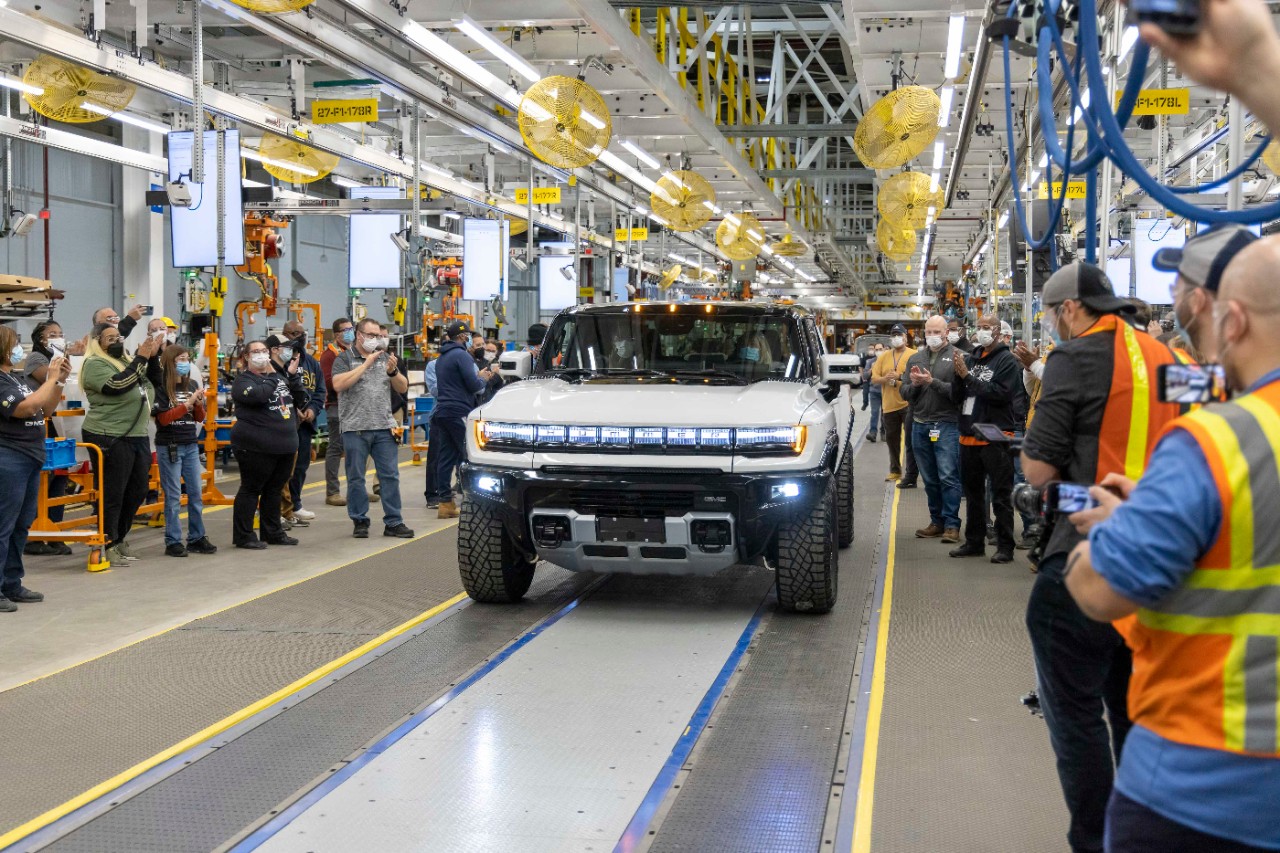General Motors’ (GM) battery plant in Michigan, named Factory Zero, is leaving production hell.
General Motors has been experiencing its own version of production hell with Factory Zero. The term ‘production hell’ was first coined when Tesla struggled to ramp up Model 3 production a few years ago. Factory Zero is dedicated to electric vehicle (EV) production. The legacy automaker was struggling with EV production at Factory Zero.
Batteries and software are a mainstay in new vehicles as the global car market transitions to electric vehicles. Legacy automakers like General Motors must learn new skills and processes to produce EVs with decent batteries and software to compete with startups like Tesla, Rivian, and Chinese car manufacturers.
GM set a goal to build 200,000 to 300,000 EVs in 2024 equipped with its Ultium battery packs. To reach its target, General Motors’ battery production must run smoothly. In all of 2023, General Motors sold 14,000 Ultium EVs. In comparison, Rivian sold 13,972 units in just Q4 2023. Tesla delivered 484,507 electric vehicles in the fourth quarter last year.
“We’ve had some challenges scaling [ultium production]. I think most of those are behind us,” noted Chief Financial Officer Paul Jacobson.
According to Bloomberg, General Motors attempted to fully automate the battery assembly line in Factory Zero with pouch-shaped cells. However, full automation has led to some setbacks.
The Detroit Fire Department shared that it has been called to Factory Zero nine times since August 2023. The last incident was in December 2023, when a fire ignited after a forklift punctured a container with battery materials.
However, GM has pushed through and stated that it has doubled battery production at Factory Zero. General Motors hopes to apply the lessons learned at Factory Zero to its new battery plant in Tennessee.
As for software, that’s another issue General Motors has yet to solve.
If you have any tips, contact me at maria@teslarati.com or via X @Writer_01001101.

